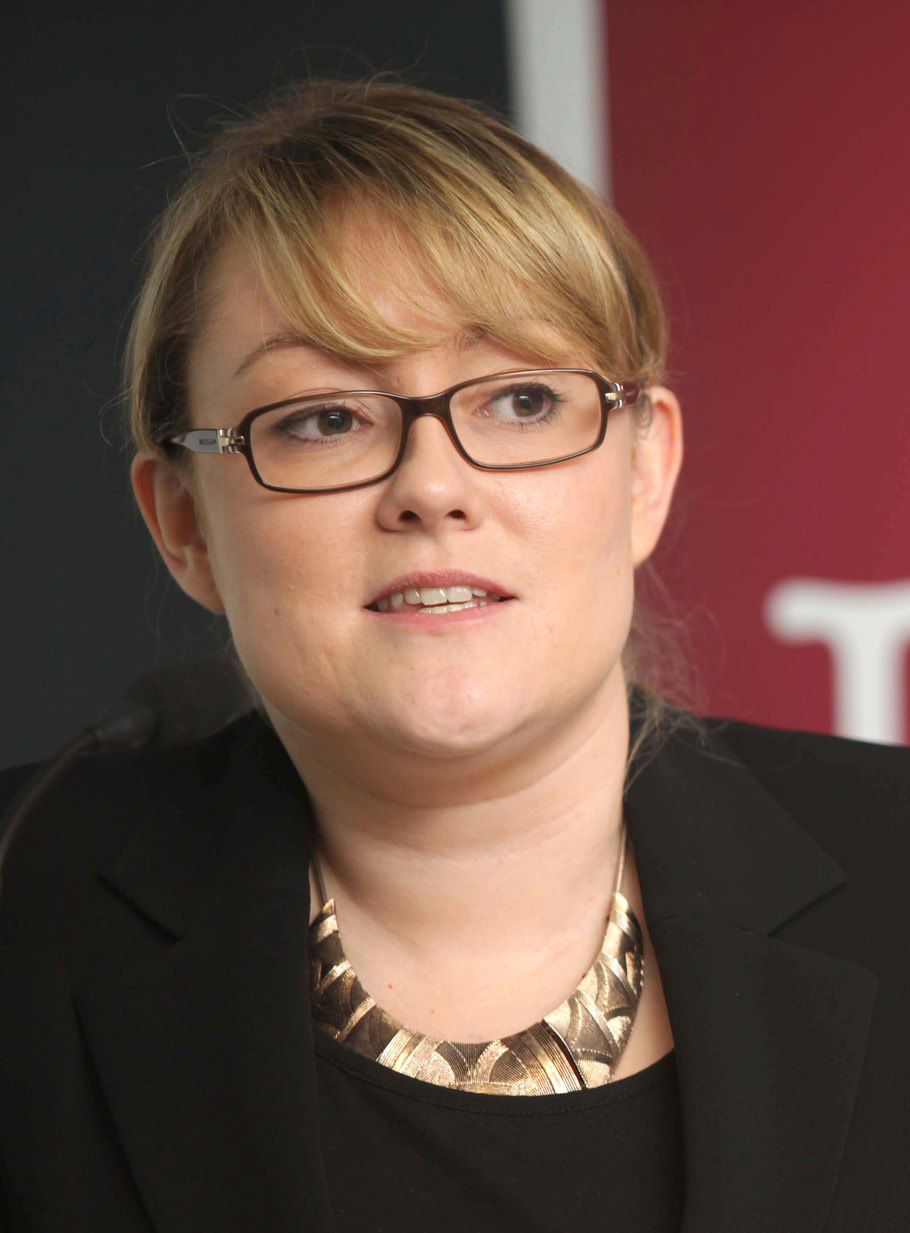Successful legal challenge over access to digital Junior Cert exam papers

Deirdre Malone
Digital exam papers will be made available to Junior Certificate students with additional needs following a legal challenge taken by a student with a severe visual impairment, assisted by the Irish Human Rights and Equality Commission.
The rights body acknowledged the work of Community Law & Mediation (CLM) in a prior case that precipitated change last year at Leaving Certificate level.
The case related to equal access to state examinations for candidates with additional needs.
Under a scheme known as RACE, the State Examinations Commission (SEC) provides a range of accommodations for students with disabilities, including a visual impairment, depending on their level of need.
Reasonable accommodations on offer include enlarged papers, braille papers, magnifiers and readers, so that candidates will not be at a disadvantage to other candidates.
RACE also facilitates candidates with other additional needs, including learning difficulties as well as hearing, medical, sensory, emotional and behavioural conditions, in sitting the exams.
In 2023, the SEC ran a pilot scheme for Leaving Certificate exams only so that candidates who had a visual impairment could access PDF digital exam papers, a provision that is generally available throughout the UK for state exams.
Each year the RACE scheme is revised and updated. The scheme for 2024 only provided for digital exam papers for Leaving Certificate candidates and expressly stated such papers would not be available for Junior Certificate candidates.
The Commission’s client was a 14-year-old Junior Certificate candidate with a severe visual impairment and a rare condition.
By email in October 2023, the candidate and her family requested that the SEC provide digital exam papers to this candidate to enable her to access the examinations on an equal footing to her peers.
Under the RACE scheme, as it stood, the candidate would only get a paper copy of the examination in A3 format as digital papers were only available to Leaving Certificate candidates.
Professional reports confirmed that this candidate would not be able to fully read and access the examination papers in A3 size. If she had exam papers in digital form, she could zoom and pan into the paper to read and access them.
The SEC refused provision of digital papers in an email to the candidate’s mother. This refusal was based on security and integrity concerns regarding the examinations process. A complaint of disability discrimination was made to the WRC and at that stage, the Commission was instructed to act in that complaint and in respect of related matters.
The WRC complaint settled just prior to hearing on the basis that the SEC would:
- extend the scope of its current pilot scheme for the provision of digital versions of standard examination papers in PDF format to include this candidate/client and all other eligible visually impaired Junior Cycle candidates at the 2024 examinations; and
- extend the scope of the pilot and will provide digital versions of modified examination papers in PDF format for eligible visually-impaired candidates at both 2024 Leaving Certificate and Junior Cycle examinations.
The SEC sent details of the expanded scheme to all schools on Friday 22 March 2024. The closing date for schools to apply for the digital exam papers on behalf of candidates is Wednesday 17 April 2024.
The child’s parent, Aoife Kearney, who is involved in Féach and an advocate, said: “For a country which strives to lead on digital technology, it is shocking that it has taken yet another legal action to bring this change about, at such a late stage.
“Parents should not have to seek redress through the WRC to tackle the exclusion of visually impaired students in accessing an equal education.
“I am very grateful for the dedicated support of the IHREC in helping my daughter seek equal access to her state exams.
“Digital technologies are hugely important for blind young people. As a parent I hope for my daughter to be as independent and successful as she can. We work very hard as do her teachers to prepare her for the modern world. This win has inspired my daughter to seek change and to believe that she has a right to equal access to education.”
Deirdre Malone, director at the Irish Human Rights and Equality Commission, said: “Candidates for State exams with visual impairments face significant challenges.
“We are delighted with the outcome of this case, while remaining disappointed that it had to be taken in the first place, and that it has come so late in the year for students who need to avail of it. We need to see greater digitisation in the future to ensure examinations are as inclusive and accessible as they can be.”








